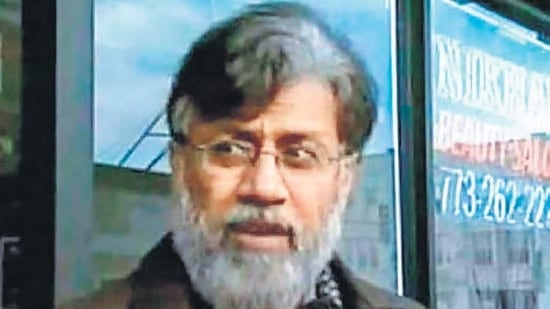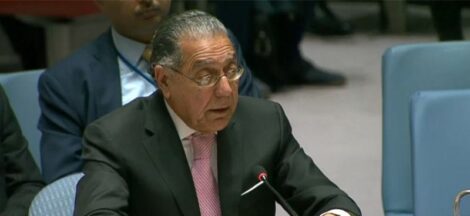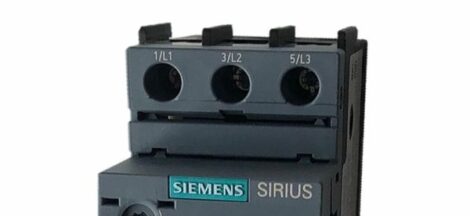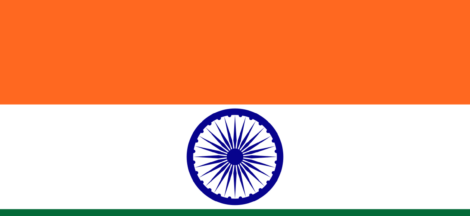Tahawwur Hussain Rana, a Canadian national of Pakistani origin accused of involvement in the 2008 Mumbai terror attacks, has been extradited to India following the exhaustion of his legal options in the United States. A special flight carrying Rana departed from the U.S. earlier today, marking a significant development in the pursuit of justice for the attacks that claimed 166 lives.
Rana, a former physician and businessman based in Chicago, was arrested by the FBI in 2009 for his alleged role in supporting the Lashkar-e-Taiba terrorist group, which orchestrated the Mumbai attacks. He was convicted in 2011 by a U.S. federal court for providing material support to LeT and for involvement in a plot targeting a Danish newspaper. However, he was acquitted of charges directly related to the Mumbai attacks at that time.
India has long sought Rana’s extradition to face trial for his purported involvement in the 26/11 attacks, emphasizing his association with David Coleman Headley, a Pakistani-American terrorist and key conspirator in the attacks. Headley, who conducted reconnaissance of the targets in Mumbai, testified that Rana’s immigration business provided cover for these operations.
Rana’s legal team mounted multiple challenges against his extradition, arguing that he had been acquitted of related charges in the U.S. and that extradition would violate the principle of double jeopardy. They also contended that he faced the risk of torture and a potential death sentence in India. Despite these arguments, U.S. courts consistently ruled in favor of extradition. In August 2024, the U.S. Court of Appeals for the Ninth Circuit determined that the extradition treaty between the U.S. and India permitted Rana’s extradition, noting that the charges he faced in India contained distinct elements from those addressed in his U.S. trial.
The legal battle culminated in January 2025 when the U.S. Supreme Court declined to hear Rana’s petition, effectively clearing the way for his extradition. Following this decision, Indian and U.S. authorities collaborated to address procedural issues, leading to his transfer.
Public prosecutor Ujjwal Nikam commented on the development, stating that Rana’s extradition could provide further evidence regarding the involvement of Pakistan’s security apparatus in the Mumbai attacks. He emphasized that Rana’s testimony might shed light on connections between LeT and elements within Pakistan’s Inter-Services Intelligence.
Rana’s extradition represents a significant milestone in India’s efforts to bring all perpetrators of the 26/11 attacks to justice. His arrival in India is expected to lead to a high-profile trial, potentially unveiling new insights into the planning and execution of the attacks. Authorities have indicated that Rana will be held in a secure facility, with his legal rights and personal safety being duly respected.




 U.S. Withdrawal From Global Health Programmes Is Ominous For Third World
U.S. Withdrawal From Global Health Programmes Is Ominous For Third World 